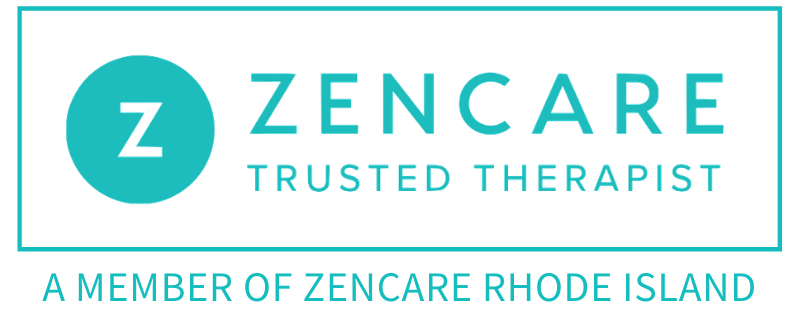Cognitive Behavioral Therapy
Cognitive Behavioral Therapy (CBT) is a widely used, evidence-based form of psychotherapy that focuses on identifying and changing negative thought patterns and behaviors that contribute to emotional distress and psychological problems. The core principle of CBT is that our thoughts, feelings, and behaviors are interconnected and that by changing negative thoughts and behaviors, we can improve our emotional well-being and mental health.

What to expect during CBT
-
Focus on the Present: CBT primarily addresses current problems and issues, rather than focusing extensively on past experiences. The therapy aims to provide clients with practical tools and strategies to manage their current symptoms and challenges.
-
Identifying Negative Thought Patterns: One of the first steps in CBT is helping clients identify and become aware of their negative or distorted thought patterns. These might include thoughts that are overly pessimistic, self-critical, or based on irrational beliefs.
-
Challenging and Restructuring Thoughts: After identifying these unhelpful thoughts, the therapist works with the client to challenge and reframe them. This might involve examining the evidence for and against a particular thought, considering alternative perspectives, and developing more balanced and realistic ways of thinking.
-
Behavioral Interventions: CBT also involves changing unhelpful behaviors that contribute to or maintain psychological problems. This might include gradually facing feared situations (exposure therapy), developing new coping skills, or engaging in activities that improve mood and reduce stress.
-
Skill-Building: CBT is a structured, goal-oriented therapy that often includes homework assignments or practice exercises. These activities help clients apply what they’ve learned in therapy to real-life situations, reinforcing new skills and ways of thinking.
-
Time-Limited and Goal-Oriented: CBT is typically a short-term therapy, often lasting between 6 to 20 sessions, depending on the individual’s needs. It is highly focused on specific goals set by the client and therapist, with progress regularly reviewed.
-
Evidence-Based: CBT has been extensively researched and shown to be effective for a wide range of mental health conditions, including anxiety disorders, depression, post-traumatic stress disorder (PTSD), obsessive-compulsive disorder (OCD), and many others.
Overall, CBT empowers clients to take an active role in their treatment by learning to identify, challenge, and change unhelpful thoughts and behaviors, ultimately leading to improved emotional well-being and a better quality of life.
Book Your First Appointment
Rhode Island Location
1 Richmond Square
350w
Providence, RI. 02906
(GPS Location 331 Waterman St)
*Free Parking
Florida (Mailing Address)
25 SE 2nd Ave,
Ste 550 PMB 21
Miami, FL. 33131
Contact Us
401-227-0372
Fax 877-455-9466
If you or someone you know is struggling or in crisis, help is available. Text or call 988 or chat 988lifeline.org. Caring counselors listen and provide free and confidential support 24/7.
National Transgender Lifeline Crisis Line (Staffed by Transgender Individuals) 1-877-565-8860
National Coalition Anti-Violence Programs: 212-714-1141
Lesbian, Gay, Bisexual and Transgender (LGBT) National Hotline:
1-888-843-4564
LGBT National Youth Talkline:
1-800-246-PRIDE (1-800-246-7743)
LGBT National Senior Talkline:
1-888-234-7243
LGBT Youth Talkline: 800-246-7743



